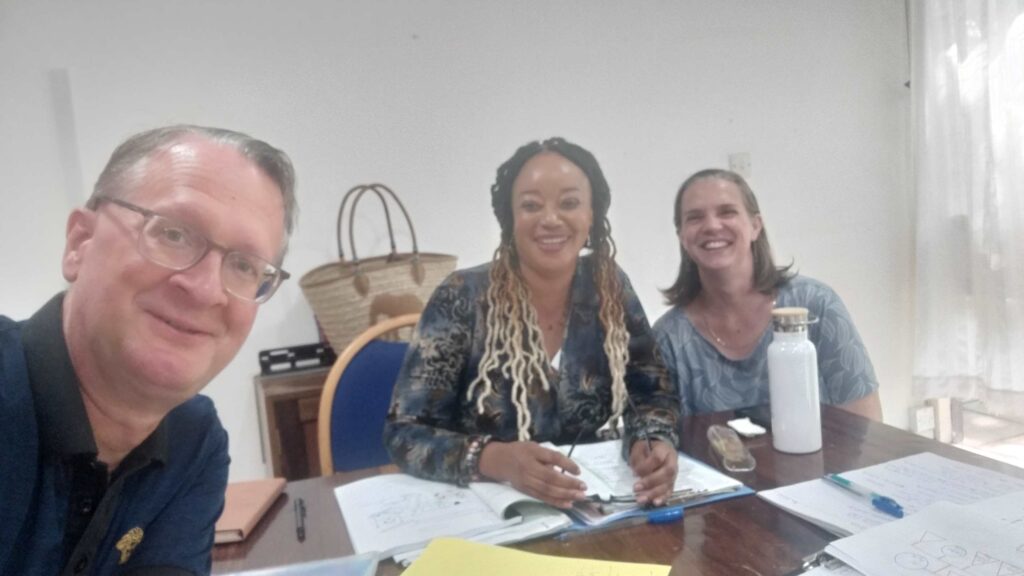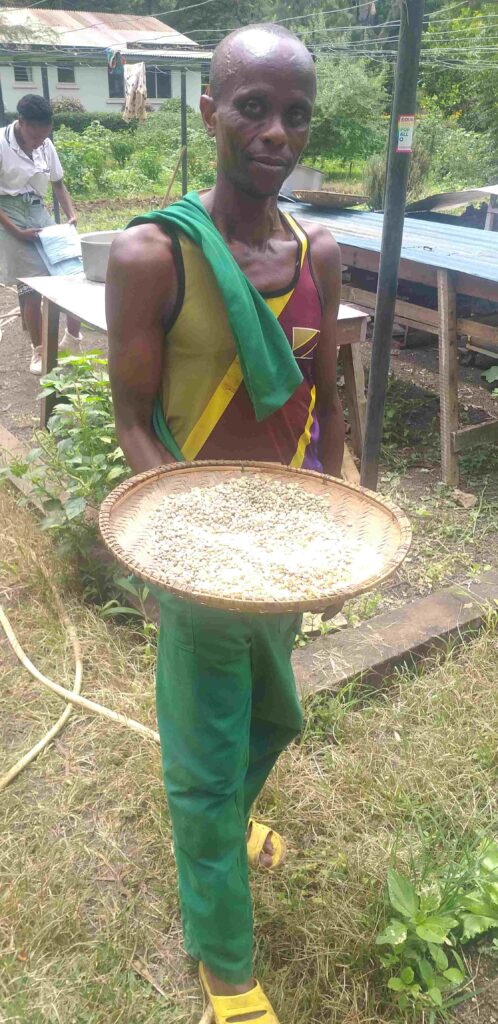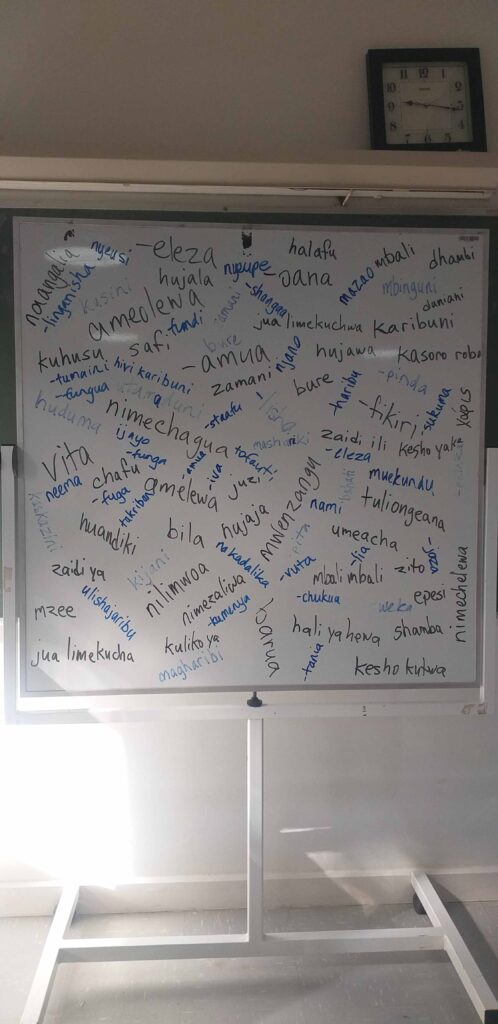Swahili Camp
The first day of camp is always a bit awkward. A beautiful park-like setting offsets the discomfort of sleeping in a strange bed. You tour the campus. You settle on a place to sit in the cafeteria. You recognize old familiar faces, and you introduce yourself to new friends. You bid your established routine farewell and embrace a new lifestyle, at least for a little while.
A Widely Spoken Language
For the last two weeks, I was a guest on the campus of the MS Training Center for Development Cooperation. Located near Arusha, Tanzania, MSTCDC has been operating a Swahili language immersion school since 1967. According to Wikipedia, over 200 million Swahili speakers live in the East African countries of Kenya, Uganda, the Democratic Republic of Congo, Burundi, Rwanda, Mozambique, and Tanzania.
As One Africa Team’s liaison to the LCMC-Kenya, I have been picking up Swahili words and phrases every time I’ve visited over the last two years. In addition, I’ve downloaded a Peace Corps Swahili language course and I listen to the audio recordings on my daily walk.
Until now, I’ve never taken a formal Swahili language course. Our mission team set the goal of missionaries acquiring the ability to work in two new languages. We identified French and Swahili because these are two of the most widely spoken languages on the continent of Africa. One Africa Team’s long-range vision is that in ten years, among our partners there will be over 200,000 communicants who regularly gather around Word and Sacrament and are shepherded by well-trained leaders.

That’s how I found myself in Swahili camp. I enrolled myself in the intermediate level because I reckoned I was past the stage of learning greetings. Still, I found myself swimming, or drowning, in a strangely familiar yet different tongue. Swahili belongs to the Bantu family of languages. Grammatically and linguistically it is very similar to Chichewa, the language many people speak in Malawi.
However, during the Middle Ages, Arab traders interacted with the natives living in coastal cities of East Africa and Zanzibar. Between 20%-35% of the Swahili language is of Arabic origin. Every once in a while I stumble across a word I recognize from the time I spent on the Balkan Peninsula half a lifetime ago. I smile when I hear Swahili words like “faida,” “mzeituni,” and “bakshishshi” – these are words of Arabic origin that also entered Bulgarian conversational usage via the Ottoman Turks.
Boot Camp is Hard
Maybe you’re wondering why a fifty-five-year-old man is learning to speak a new language. Yes, it’s connected to my work responsibilities, but honestly, that is not adequate motivation. In most instances, I can get by with English or use a translator. Why have I invested so much time in learning to speak this foreign language (or any other)?
People open their hearts when they hear you struggling to string five words together in their native tongue. They recognize the effort you are making to understand their language, their culture, and their worldview. And when you speak through a translator, you lose the ability to connect to another human being directly.

God has given me both the ability and the interest to learn foreign languages. To whom much is given… I am putting myself in the uncomfortable position of talking at the level of a three-year-old. I dedicate my Swahili camp experience to God’s kingdom and glory.
Whether or not you speak a foreign tongue, the same principle is true. Sharing the good news of Jesus’ salvation with another human being requires humility. It requires us to listen before speaking. It means we strive to understand where someone is before we point him in the right direction. And it takes time.

These two weeks I’ve spent at Swahili camp is just another small step towards the realization of St. John’s vision of people from “every nation, tribe, people and language, standing before the throne and before the Lamb.” (Rev. 7:9) I don’t know what language we will be speaking in heaven, but God will have no trouble communicating his love for us all.
Amani ya Bwana nanyi (may the peace of God be with you)
Missionary John Roebke lives in Malawi.
Please pray for those working in fields that are ripe for harvest. Share their story, engage with future news, and receive updates. Learn more about our mission fields in Africa and how the Holy Spirit is working faith in people’s hearts at https://wels.net/serving-others/missions/africa